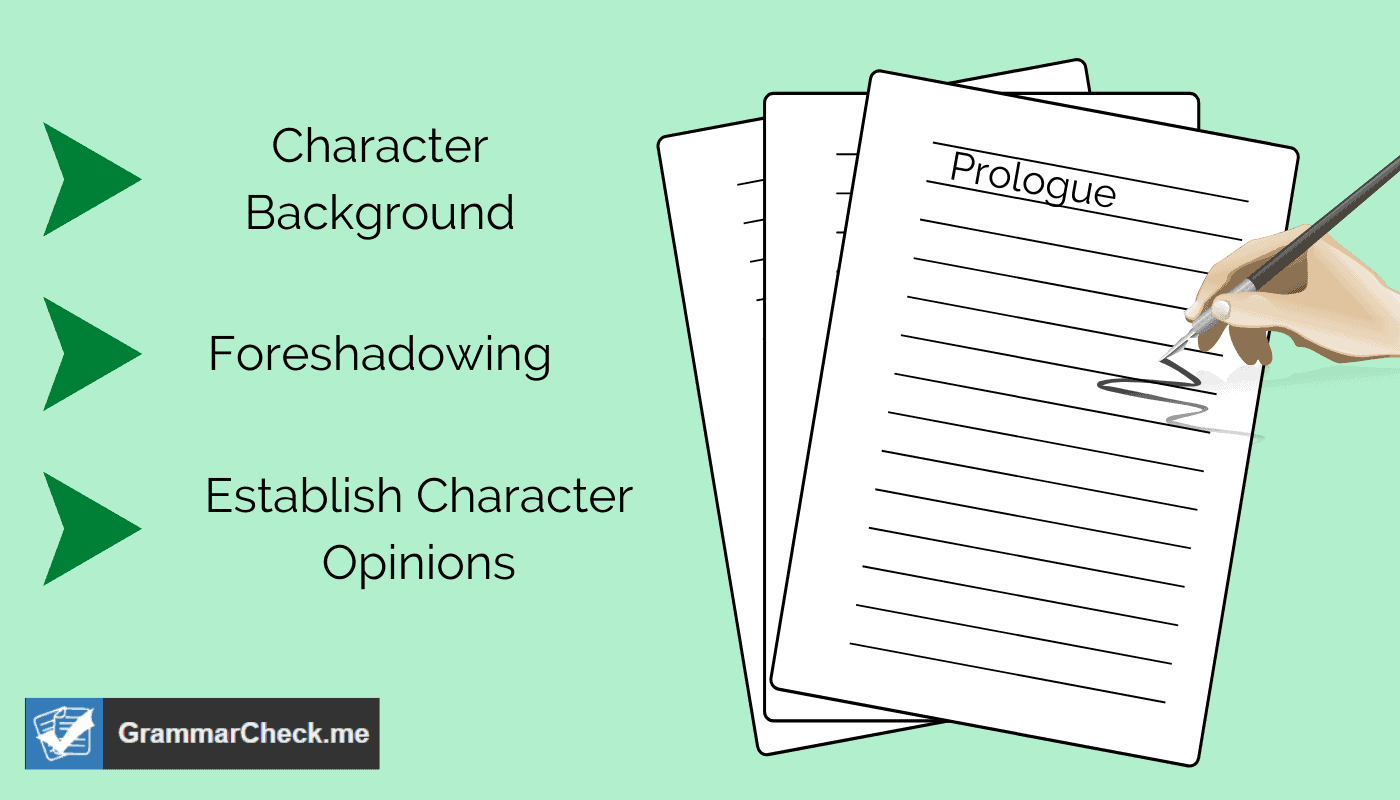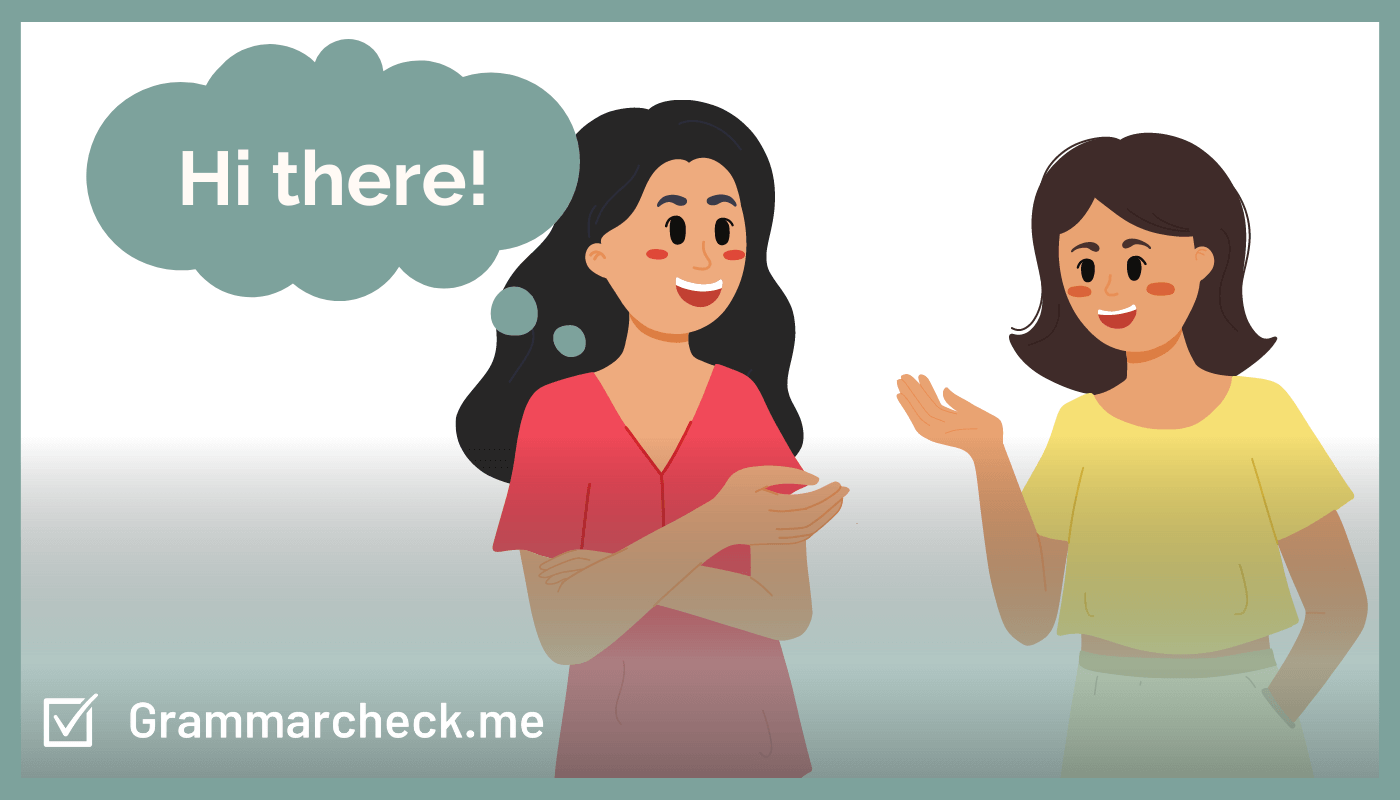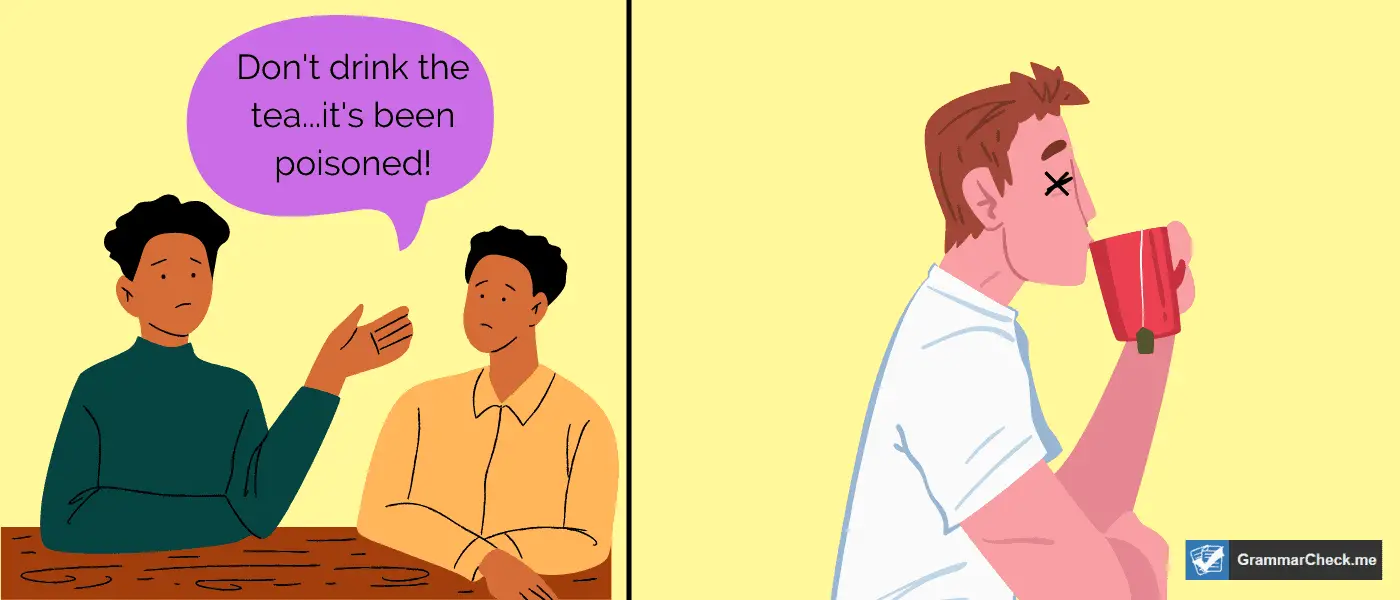How To Write A Prologue
A reader picks up your book and is ready for the story to begin. However, the reader knows little to nothing about your characters and storyline. This is where a prologue is very useful. A prologue is a short piece of writing that sets the stage for your story. It can introduce your characters, provide … Read more






